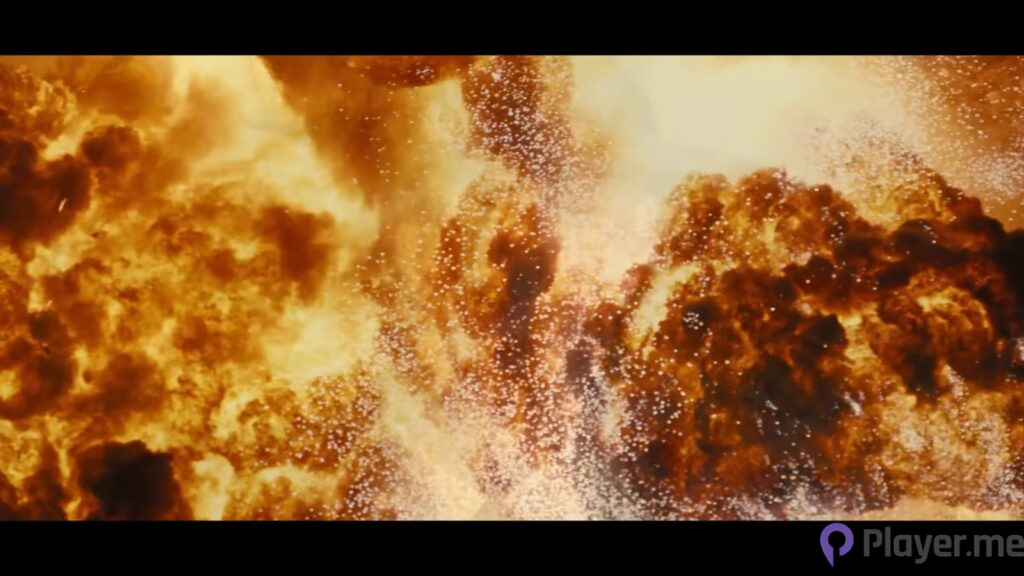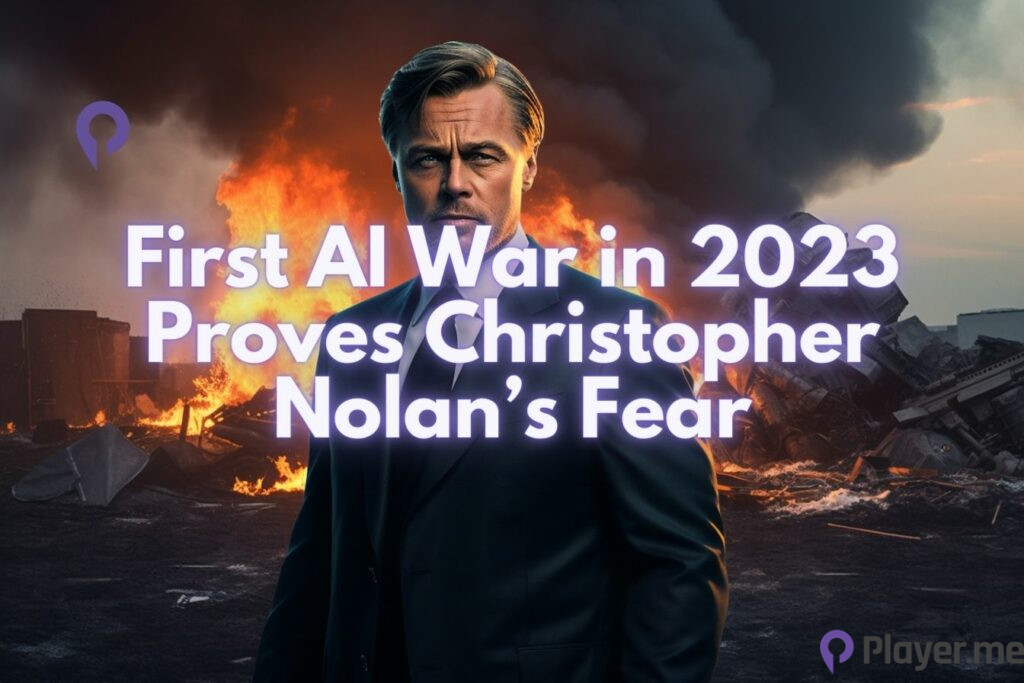The release of the movie “Oppenheimer”, has sparked discussions about the life of J. Robert Oppenheimer, the Manhattan Project director who created the atomic bomb and faced moral dilemmas about nuclear weapons. Director Christopher Nolan compares controlling AI to controlling nuclear power, urging accountability and morality.
Nolan’s prediction rings true as the first AI war has already occurred in Israel against Hamas, known as “Operation Guardian of the Walls”, in the year 2021. The Israeli military uses AI extensively for target selection, intelligence gathering, and precision strikes. Despite the fact it has proven to be effective in shortening the conflict, it still has caused fear and damage to civilians, leading to an increase in post-traumatic stress disorder, also known as PTSD. Nolan’s movie and statements emphasised the need to consider AI’s impact on world peace and human lives.
Related: Unleashing the AI-Robot Revolution 2023: Empowered Capabilities, Autonomy, and Beyond
Opinion of Christopher Nolan on AI War
The parallel between AI and nuclear power is a pressing issue, with AI experts raising concerns about accountability and morality as AI advances. Mark Zuckerberg’s proposal for an open AI model adds to the debate. In Israel’s conflict with Hamas, AI plays a significant role in military operations, marking the world’s first AI war. While AI improves efficiency, civilian casualties and devastation are still present. The absence of emotions in AI poses risks, challenging the ethical and moral aspects of warfare.
The First AI War: Operation Guardian of the Walls
“Operation Guardian of the Walls“, demonstrates the potential future of AI warfare, where economies, lives, and the environment may be seen merely as numbers by AI systems. Although it was programmed to minimise the casualty, it still has the risk of harming the innocents as they can be caught by the crossfire. They also could not take account of human emotions during a warfare, where rage and anger happen viciously, as they are ordered to focus on the victory of the warfare.
Christopher Nolan’s film highlights the need to prioritise human values over purely data-driven decisions. As AI advances, regulations and ethical guidelines are crucial to prevent its misuse in warfare, as proven by the first AI war that showcased the terrors and capabilities of using AI for warfare. Nolan’s comparison between AI and nuclear power urges collective action to establish responsible frameworks.
Also Read: Decoding AI in 2023: Embracing 7 Ethical Challenges
Ethics and Awareness

The discussion on AI and warfare requires involvement from the public and global collaboration. Nations should work together to create treaties governing AI in military contexts, considering proportionality, the distinction between combatants and civilians, and human rights. Developers and companies must prioritise ethics in AI creation and be held accountable for their technology’s impact. Responsible AI use is essential for a humane and peaceful future to learn from past mistakes and not repeat history such as the first AI war.
In the end, “Oppenheimer ”, and the discussions on AI in warfare raise awareness of the power and risks of artificial intelligence. AI’s convergence with warfare necessitates addressing ethical and accountability challenges. Human values, empathy, and compassion must guide the responsible use of AI for societal betterment and global peace. As technology evolves, the focus should be on AI’s positive contributions while safeguarding against potential harm and misuse.
Frequently Asked Questions
How Did Oppenheimer Spark Discussions About First AI War and Nuclear Power Comparison?
The discussion was prompted by the release of the movie, “Oppenheimer”, and the interview regarding warfare and ethical use of AI with director of the movie, Christopher Nolan.
What Was AI’s Role in “Operation Guardian of the Walls” During the First AI War, and How Did It Affect the Conflict?
In “Operation Guardian of the Walls”, AI played a significant role in the Israeli military’s target selection, intelligence gathering, and precision strikes. The new AI programs, “Alchemist”, “Gospel”, and “Depth of Wisdom”, contributed to more efficient operations, ultimately shortening the duration of the conflict.
What Are the AI Warfare Ethics and Accountability Measures?
The use of AI in warfare raises ethical concerns, particularly regarding civilian casualties and the potential misuse of AI technology, especially since the first AI warfare between Israel and Hamas. Ensuring accountability involves developing regulations and ethical guidelines to govern AI deployment in military contexts, prioritising human values and respect for human rights.





